Shingles Treatment and Advice Service
About this service
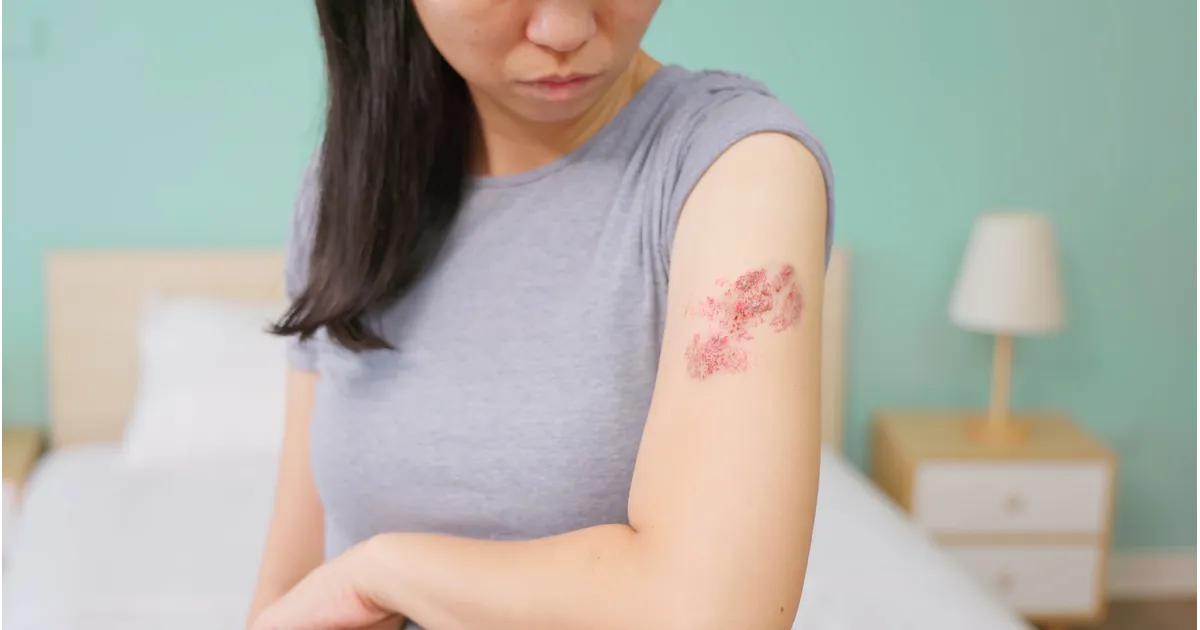
The Pharmacy First scheme allows our expert teams to assess and supply and, if appropriate, treatments for Shingles for adults aged over 18.
Shingles is a viral infection that causes a painful rash.
It can start with a tingling or painful feeling in an area of skin, often with a headache and generally feeling unwell.
The rash appears as blotches, most often on the chest and body, but sometimes on your face hands and genitals. It appears on one side of your body only. If a rash appears across both sides it is unlikely to be shingles.
Our trained pharmacist will also ask some questions to get a bit more detail about the infection.
They will also check for any other conditions or symptoms that may need them to refer you to another NHS service for further checks.
This is a free NHS service if you are exempt from prescription changes.
Our pharmacy team will also give you other advice and suggest other treatments for the relief of symptoms.
This is a drop-in service but you may want to check with the pharmacy before heading to your local branch.
Our teams on hand to supply treatments for shingles in adults over 18. Effective treatment options and advice for shingles sufferers in Doncaster, Rotherham, Sheffield, Scunthorpe, South Yorkshire and North Lincolnshire with Pharmacy First.
Available at the following pharmacies
Branches
Doncaster
Shingles Treatment and Advice Service in Doncaster
Armthorpe Parade › Armthorpe White House Farm › Barnburgh › Barnby Dun › Bawtry › Beckett Road › Cantley Everingham Road › Cantley Goodison Boulevard › Cantley St Wilfrids Court › Carcroft › Conisbrough Church Street › Conisbrough Gardens Lane › Cusworth › Denaby › Dunscroft › East Laith Gate › Edenthorpe › Edlington Martinwells Centre › Harworth › Hatfield › Intake › Kirk Sandall › Misterton › Moorends › Rossington › Scawthorpe › Skellow › Sprotbrough › Stainforth Field Road › The Flying Scotsman Centre › Thorne Finkle Street › Thorne Health Centre › Tickhill › Wheatley › Woodlands Princess Street › Woodlands Woodside View ›Barnsley
Shingles Treatment and Advice Service in Barnsley
Bolton on Dearne › Goldthorpe Barnsley Road › Royston High Street › Royston Midland Road ›Rotherham
Shingles Treatment and Advice Service in Rotherham
Brinsworth › Catcliffe › Goldthorpe Centre › Maltby High Street › Maltby Laburnum Parade › Maltby Leisure Centre › Swallownest › Swinton Church Street › Thurnscoe Holly Bush Drive ›Scunthorpe
Shingles Treatment and Advice Service in Scunthorpe
Crowle › Epworth › Scunthorpe Frodingham Road › Scunthorpe Ironstone Centre › Scunthorpe Willoughby Road ›Sheffield
Shingles Treatment and Advice Service in Sheffield
Darnall Main Road › Darnall Primary Care Centre › Kiveton › Owlthorpe › Sothall ›FAQs
What is shingles?
What are the symptoms of shingles?
What causes shingles?
Can I treat shingles at home?
Can shingles come back once I have, had it?
Can children get shingles?
Who is the Pharmacy First Shingles service for?
Pharmacy First
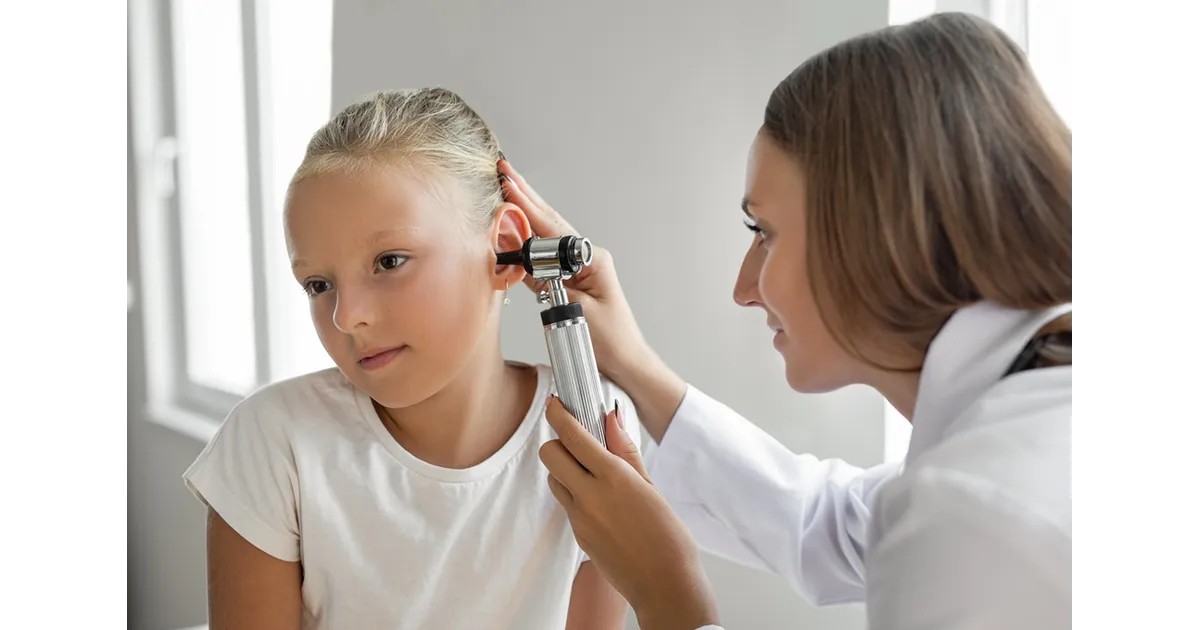
Earache (Otitis media) Treatment and Advice Service
Earache is a common condition with many causes. Our expert pharmacy teams will assess and can supply treatments for earache in children 1 to 17 years old.
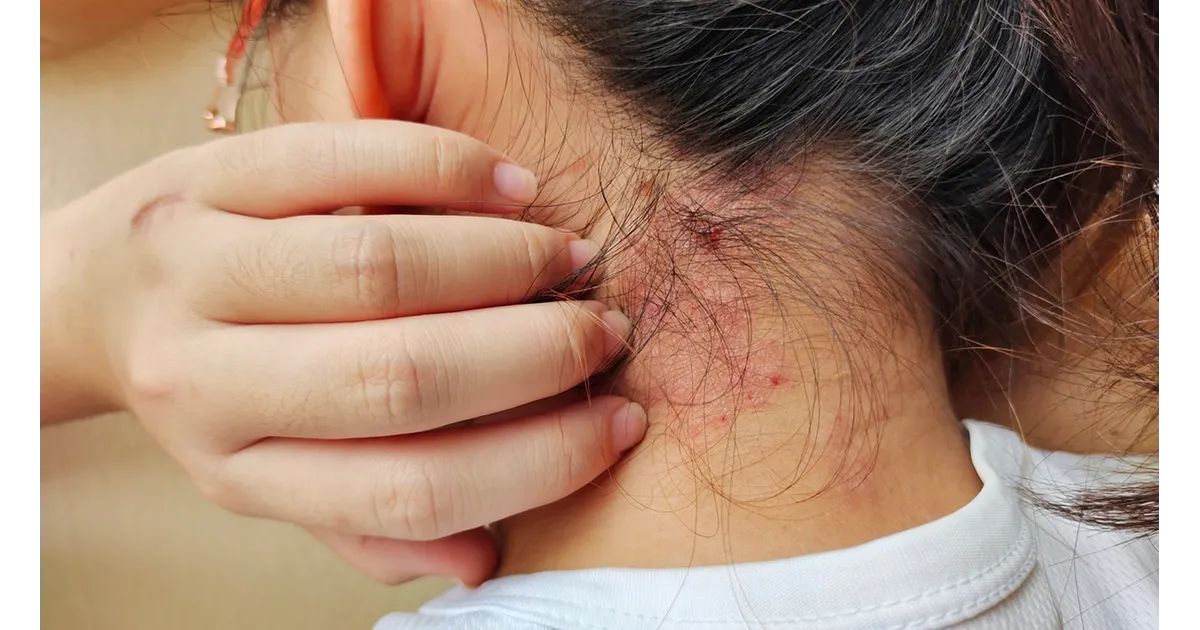
Impetigo Treatment and Advice Service
Impetigo is a very contagious infection and is very common in younger children Our expert pharmacy teams will assess and can supply treatments for impetigo in adults and children over 1 years old.
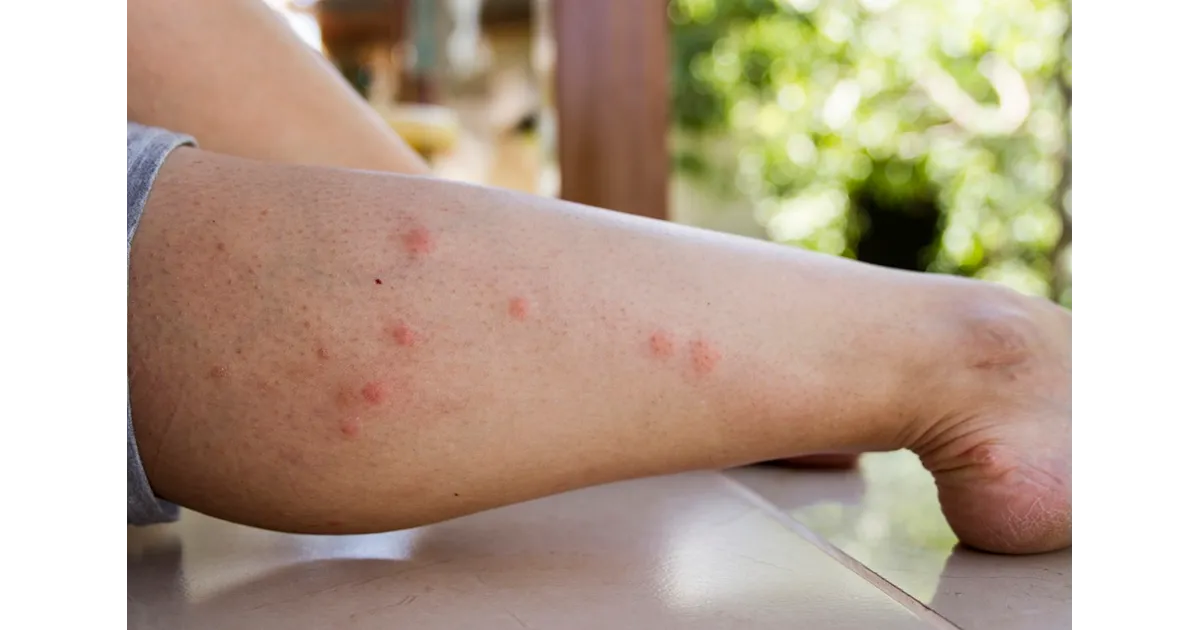
Infected Insect Bites Treatment and Advice Service
Insect bites and reactions around the area of the bite or sting are common, sometimes however a bite or sting can become infected. If this happens our expert pharmacy team can assess and supply products to treat the infection and reduce the symptoms

Shingles Treatment and Advice Service
The Pharmacy First scheme allows our expert teams to assess and supply and, if appropriate, treatments for Shingles for adults aged over 18. Shingles is a viral infection that causes a painful rash.
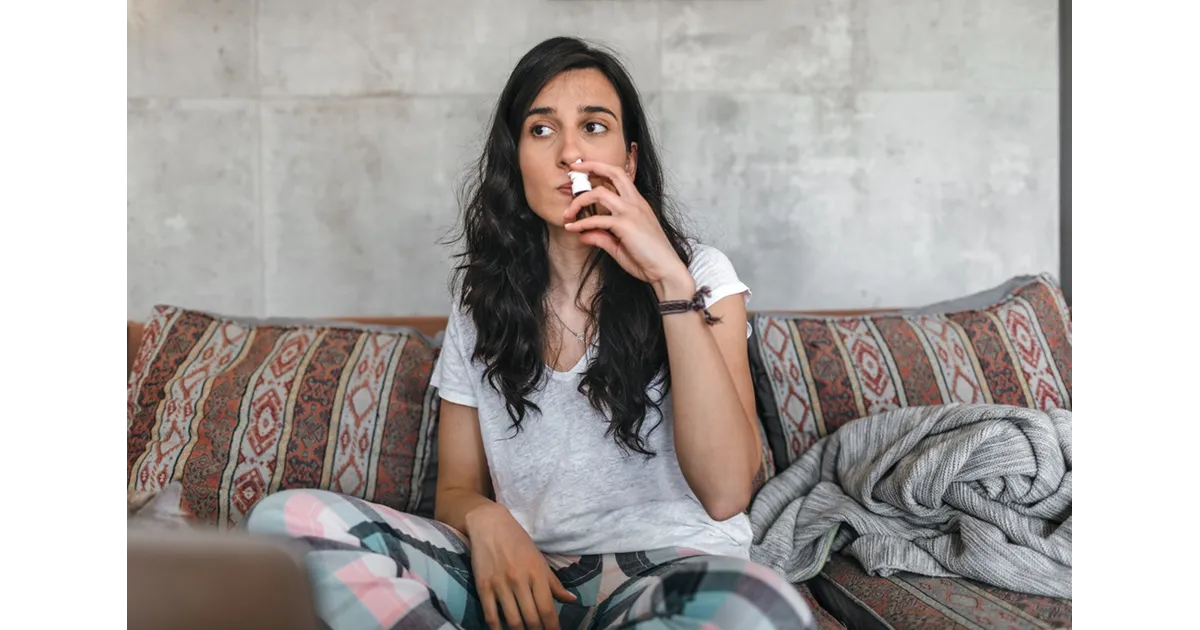
Sinusitis Treatment and Advice Service
Sinusitis is a painful swelling of the sinuses, an area inside your nose, usually caused by an infection. It is a common condition that clears up on its own after about 2 to three weeks but you can now visit you local pharmacy and receive treatments.
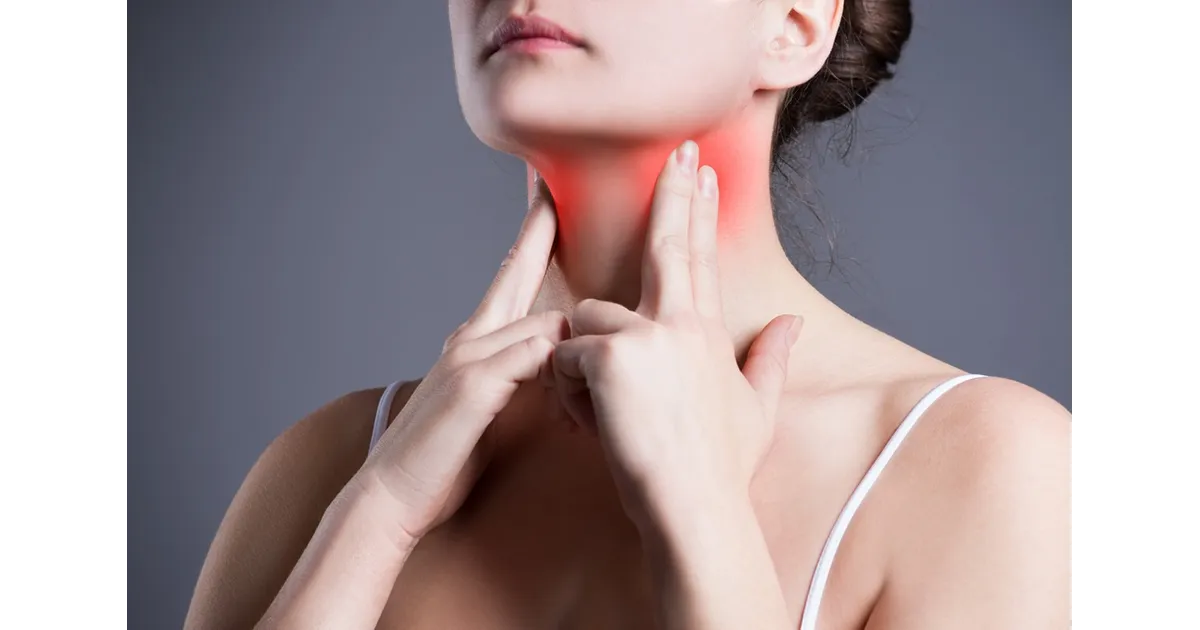
Sore Throat Treatment and Advice Service
Sore throat is a painful swelling at the back of the mouth. It is a common condition that clears up on its own after about 2 to 3 weeks but you can now visit you local pharmacy and receive treatments to fight the infection.
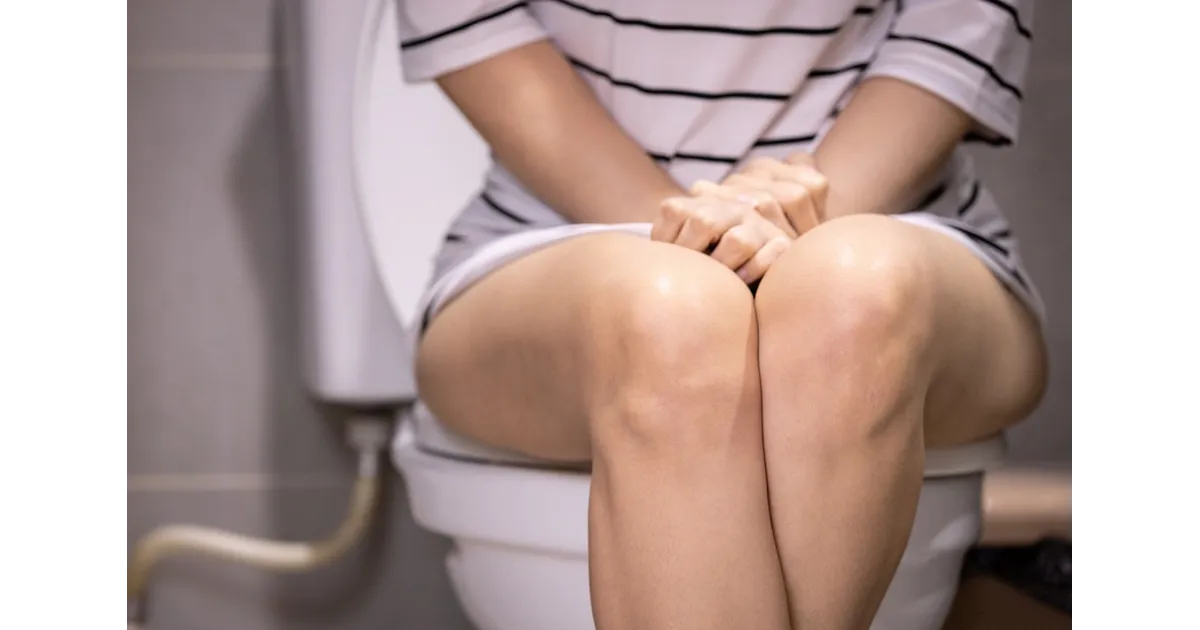
Urinary Tract Infection (UTI) Treatment and Advice Service
Urinary Tract infections (UTI) are an infection that affects the urethra (the tube from the outside of your body that carries wee from your bladder), your bladder (the sack that holds your wee) and sometimes your kidneys.
NHS
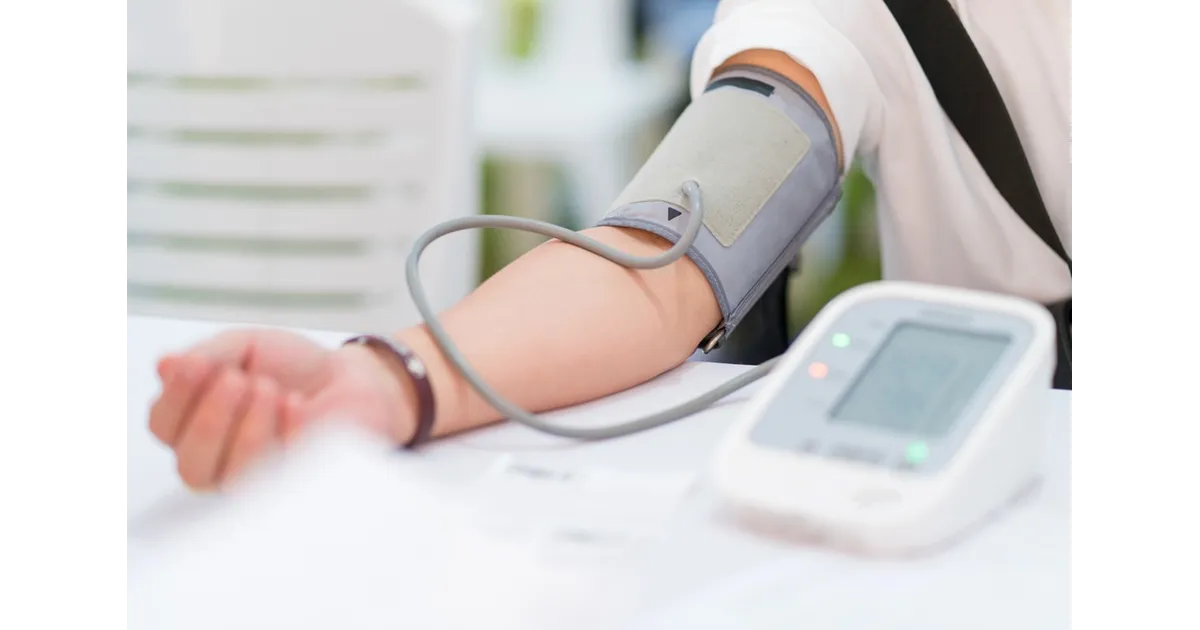
Blood Pressure Testing
High blood pressure is also known as Hypertension, this is a condition where your heart must work harder to pump blood around your body. Without treatment, high blood pressure can lead to heart problems, strokes and damage to other vital organs.
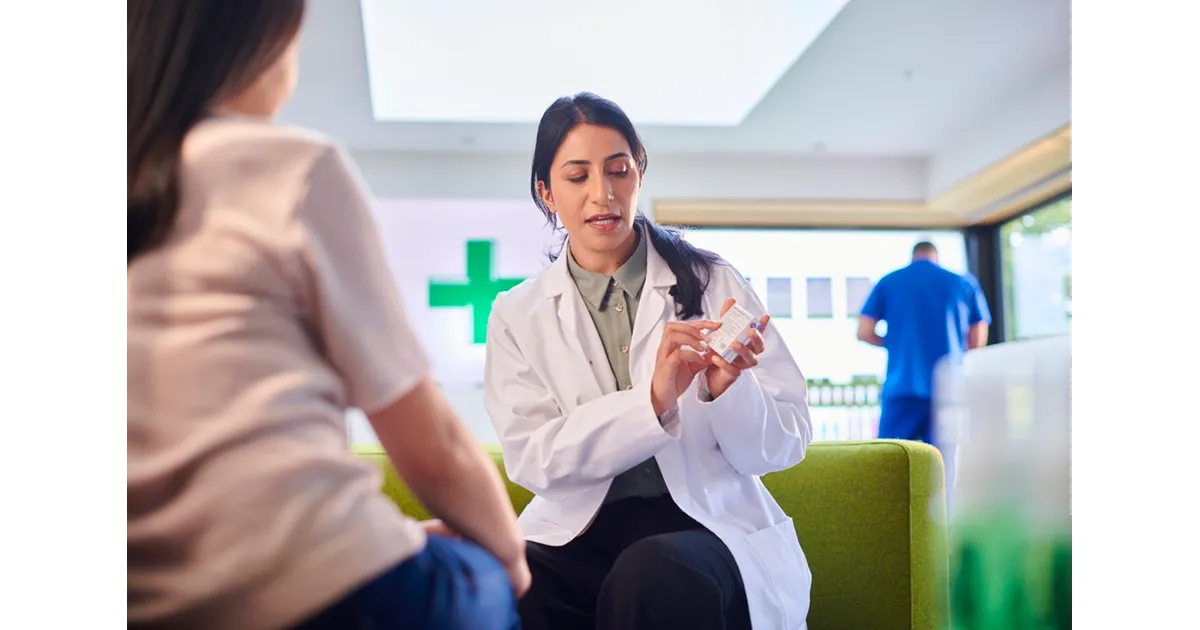
Free NHS Pharmacy Contraception Service
The NHS contraception service enables you to start on or renew your supply of oral contraceptive (pill) without needing to see your GP.
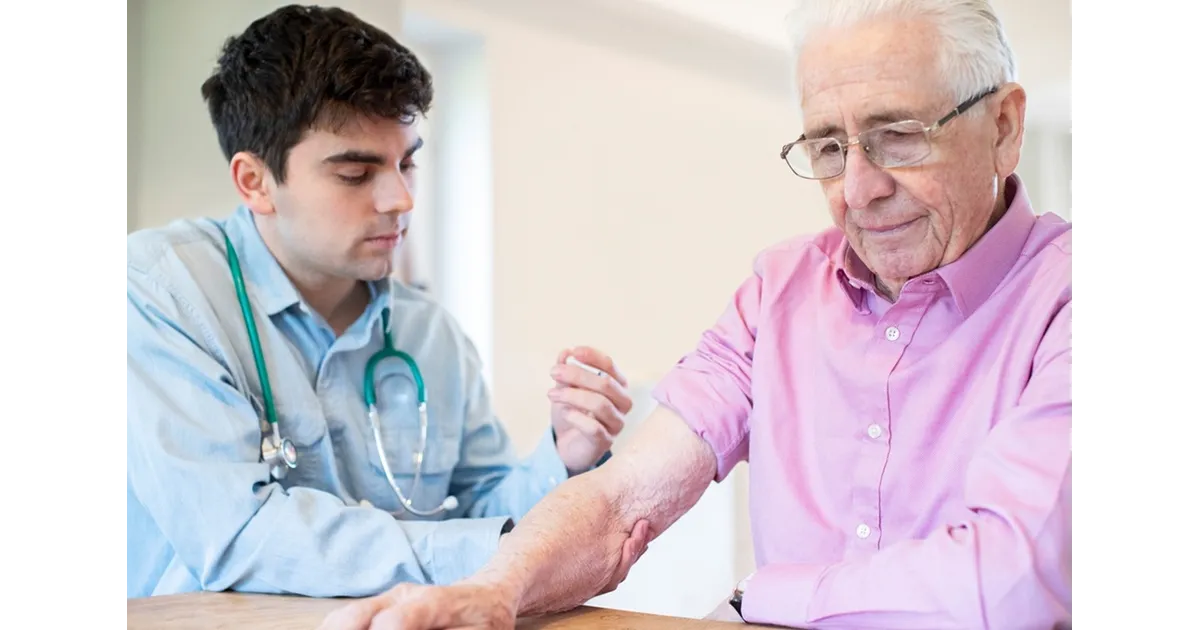
NHS Seasonal Flu Vaccine
This pharmacy offers a free NHS flu vaccination service for eligible patients. Flu vaccination is available every year on the NHS to help protect adults and children at risk of flu and its complications.
Private

Period Delay Service
At Weldricks we can offer a period delay treatment beginning 3 days before your period is due, which can delay your period for up to 17 days
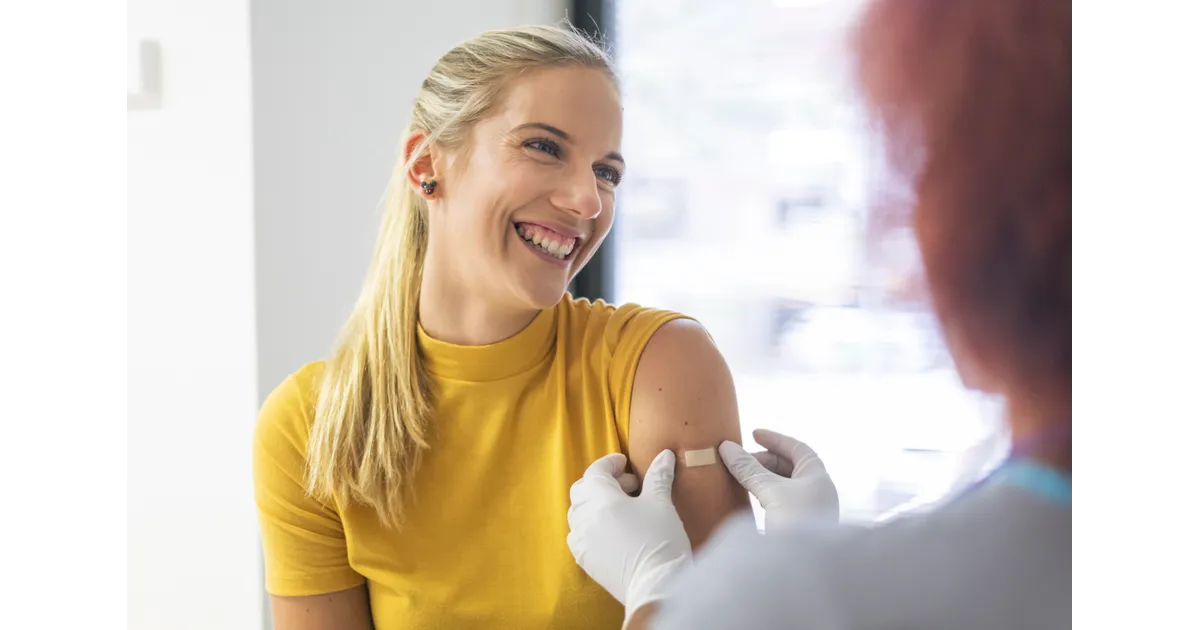
Private Seasonal Flu Vaccinations
Private flu vaccinations are available across at Weldricks pharmacy for £18.90. Click here to book your vaccination.
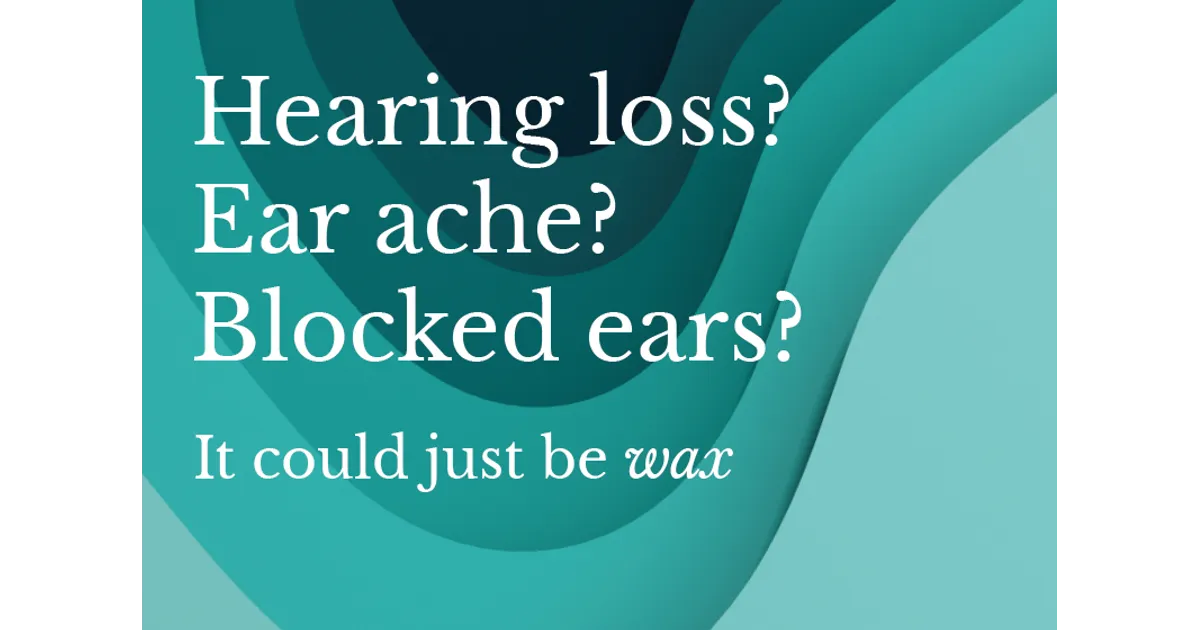
TympaHealth Ear & Hearing Health (Earwax removal)
It only takes around 15 minutes to examine a patient & identify any issues within the ear. Then, if necessary, a fast & painless procedure can be undertaken to clear the ear of any debris or built up wax. Book now!
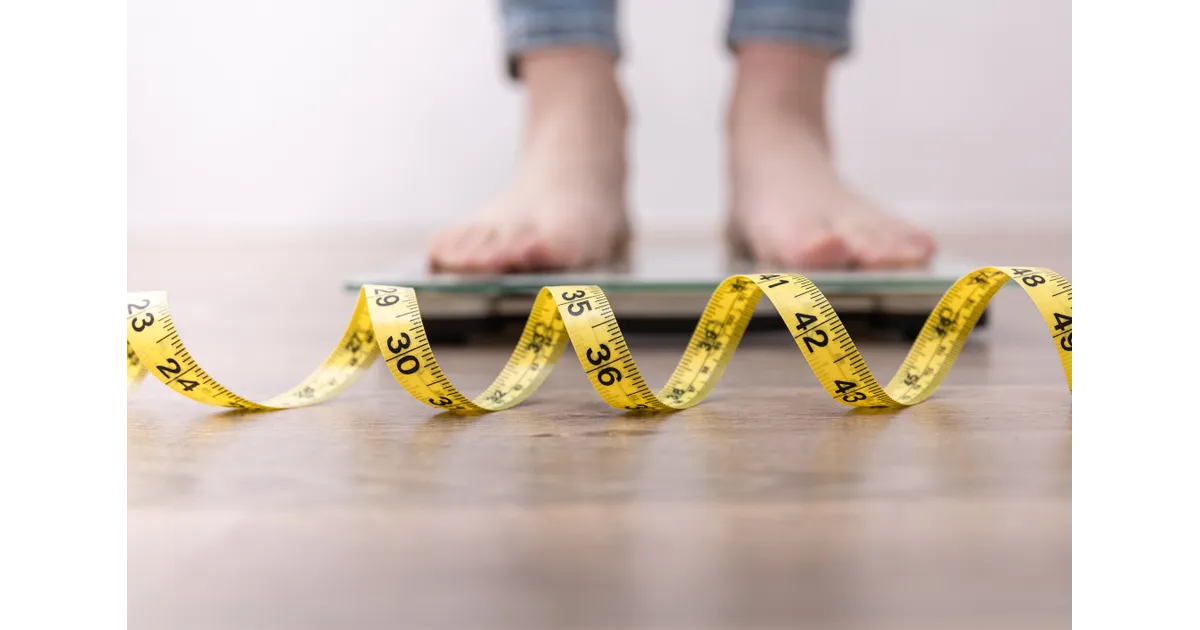
Weight Management Service
Our pharmacists can provide convenient and personalised help without a trip to your GP or a doctor’s prescription. Weldricks Pharmacists can offer weight loss advice and prescription-only services including, if appropriate. Book Now!
Online Services

Free Online Contraception Assessment
Weldricks Pharmacy is collaborating with Tuune to offer a personalised oral contraception service. Whether you're starting oral contraception or looking to review your current method, Book now check that your oral contraceptive is right for you.

Medical Letters
With our Medical letter service, we can offer a quick and simple solution, which avoids a visit to your GP. Just upload your medical evidence for a GP to review and once approved you'll receive your verified medical letter and health status.